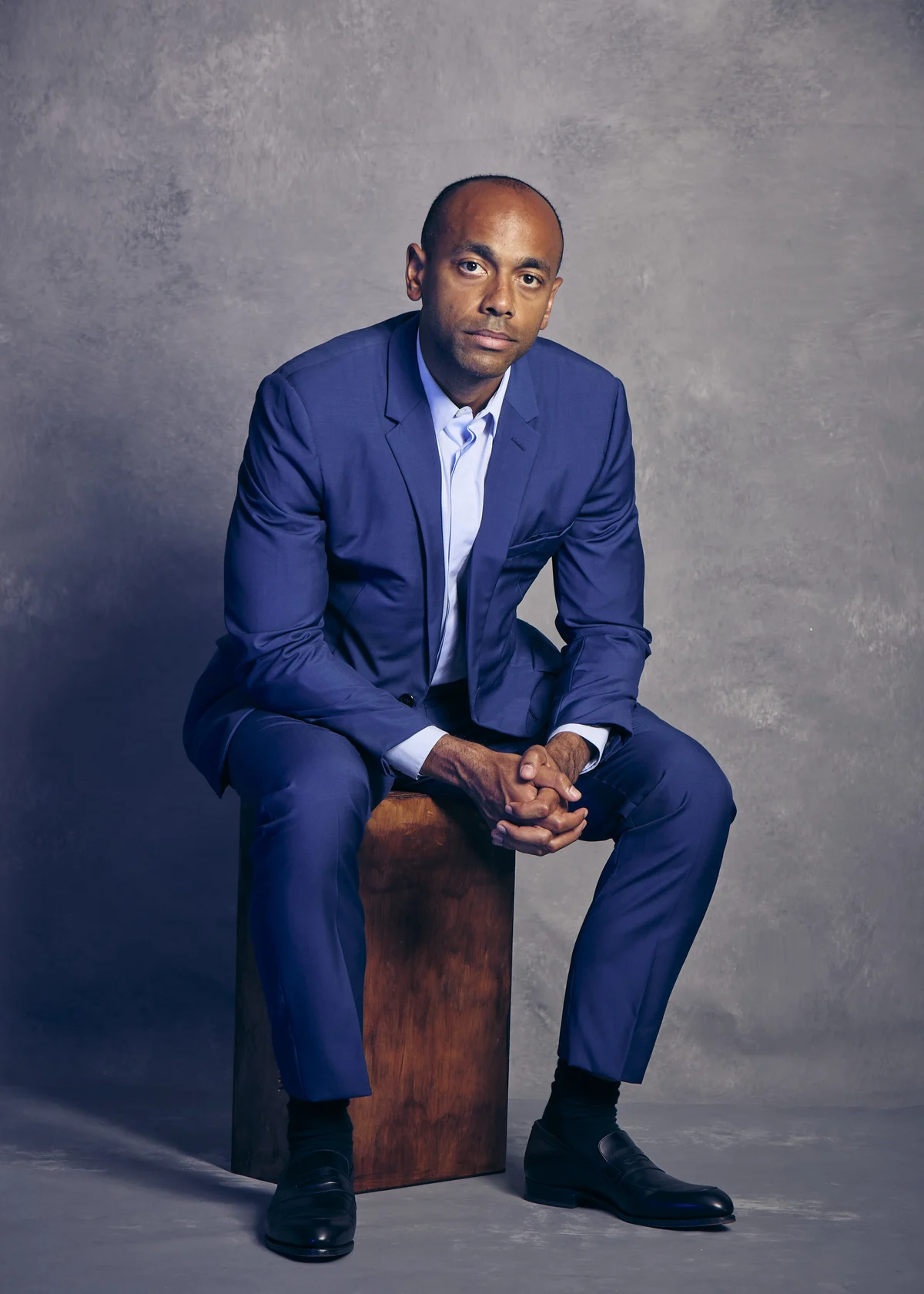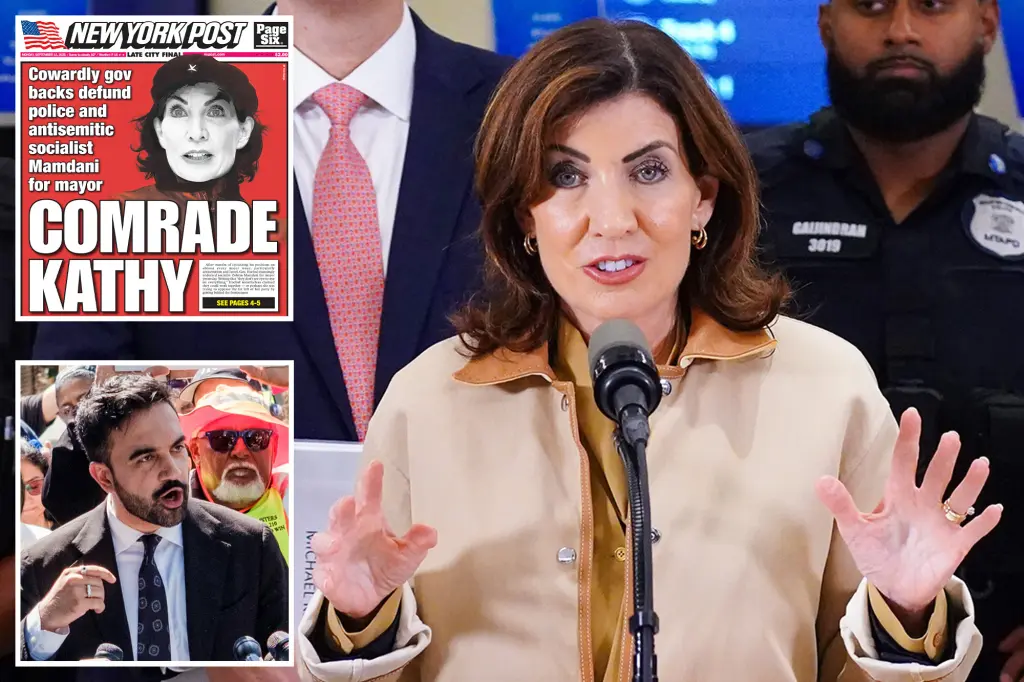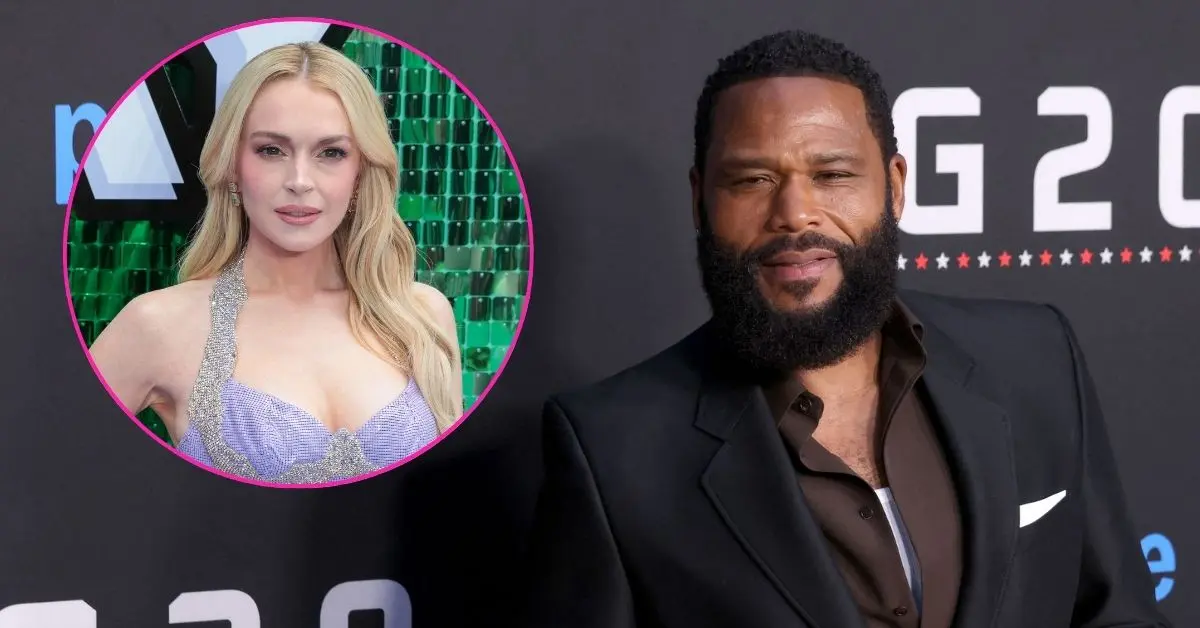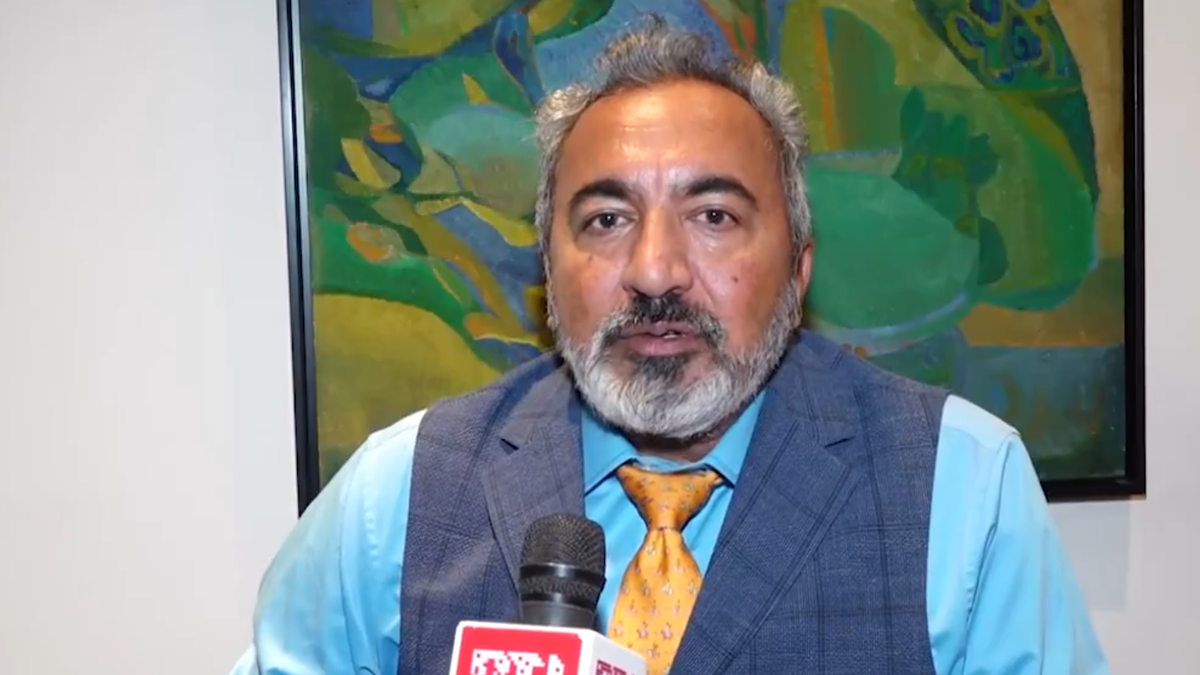‘They tortured me for things which are completely false’: son of ex-Gabon leader’s two-year nightmare
By Tristan Kirk
Copyright standard

“It’s so much pain. You feel so alone at that moment, so alone,” says Noureddin Bongo, recalling the torture regime he says he was subjected to at the hands of military guards in Gabon. Noureddin was stripped of his clothes, thrust into a cell little bigger than a storage cupboard, and forced to sleep on concrete. Guards would push a hunk of bread through the slot in the cell door and sometimes it landed in a pool of urine in the corner.
When Noureddin was dragged away from his family by gun-toting soldiers in balaclavas, he snatched a goodbye to his wife Léa, but believed it was a mistake that would soon be ironed out. His father, Ali Bongo, had just been re-elected for a third term of office as President of Gabon, and Noureddin was making preparations to return with his wife and young children to their life in London.
The Bongo family had been the ruling elite in the Central African nation since the 1960s, but Ali’s reign was ended abruptly by a coup led by his own cousin — a family power struggle which culminated in a ruthless power grab.
In the midst of the turmoil, Eton-educated Noureddin was captured and spent nearly two years imprisoned at the hands of the new regime. It was the thought of finally being reunited with Léa and their boys that kept Noureddin’s spirits up, he tells The Standard, in an exclusive interview.
In part one, published yesterday and available to read here, he explains how he ended up going from being an Eton-educated project manager in London to being tortured in a prison in Gabon.
Noureddin is now pursuing a legal case about his treatment in custody after the coup, alleging he was held in inhumane conditions, subjected to brutal torture, and believed at times that his life would end in captivity.
Omar Bongo came to power in 1967 and ruled as a dictator until 1990, when he was forced to adopt a multi-party system. He remained president until his death in 2009. Over five decades, the Bongos became one of the richest first families in the world. Omar lived in a vast pink hilltop mansion in Libreville, with ostriches roaming the grounds and Rolls-Royces in the driveway.
While Noureddin says his grandfather made his fortune through good investments, Omar was accused by French investigators of siphoning money from the Gabonese state to buy expensive mansions and luxury cars.
When he died, Noureddin’s father Ali Bongo was elected President, having held senior posts in Omar’s government.
Ali’s reign ended on August 30, 2023, when a military coup led by his own cousin, General Brice Oligui Nguema, seized power within hours of Ali Bongo winning a hotly-disputed election.
An ailing Ali Bongo was placed under house arrest in the overthrow, dubbed the ‘Palace Coup’. But Noureddin was taken from his family and driven to the Presidential Palace in the Gabonese capital of Libreville. It was not to the gilded corridors of power that he went, though, but into the dungeons and at the mercy of General Oligui’s Republican Guard.
Criminal charges were filed against Noureddin on the orders of the coup leaders on September 19, 2023, three weeks after he was “abducted” and imprisoned. His lawyers have denied the charges which they say have been brought outside any legal framework. It was only then — a month after being seized — that he received the news that his children were safe and well, and just before his first court appearance he was able to embrace Léa once more.
Noureddin thought he might secure his release on house arrest when he got to go to court. But it proved to be just the start of a period in captivity that lasted around 20 months.
“This is the moment to prove yourself to be a strong human being,” he reflects. Days in captivity turned to weeks and then months.
His father’s fall from power came amidst a wave of coups sweeping across Western and Central Africa, in countries including Mali, Burkina Faso, and Sudan.
Noureddin had returned to Gabon to help his ailing father’s election campaign and was planning shortly to return to London to resume his life as a project manager.
The golden waterfront Presidential Palace was built by his grandfather in the 1970s at a cost estimated to be around $250 million, serving as a symbol of the Bongos’ power. It was also a lightning rod for accusations of abuse of power and excess, in a country where around a third of the population live in poverty.
After his capture, Noureddin was accused of corruption and embezzlement — allegations he vehemently denies. He says the coup leaders’ portrayal of him as his father’s right-hand man belies his reluctance to engage in Gabonese politics, only returning to help when his father suffered a stroke.
After his arrest by the military forces, Noureddin saw at close quarters the bowels of the Palace complex which he says had previously been shielded from him.
Guards regularly flooded the cells to make life as uncomfortable as possible, and it was November — months into imprisonment — before anyone gave him a mattress. If they were let out to use the toilet it was at gunpoint, and the guards were instructed: “If they try and come out, shoot them”.
Léa had been left behind at their home, and while conditions were obviously better she and the children were also effectively imprisoned. Soldiers stood guard around the house. They allowed some friends to come and visit, but they also cut the wi-fi and confiscated phones.
“I was alone,” Léa remembers. “The Gabonese authorities have publicly said I was free — I had no charge against me. But that was not true.”
Noureddin and Léa’s exclusive interview with The Standard is the first time they have talked publicly about their experiences over the last two years. For the couple, though, it feels more like therapy than speaking out.
Léa recalls seeing accusations of treason and drug trafficking being levelled against her captured husband, and lived day by day with the uncertainty of when, or if, she would see him again.
Inside prison, guards took turns inflicting mental torment, using his wife and their forced separation as a tool. “It was horrible stuff. Like, ‘I was just at your house. I saw your wife walking. She’s beautiful. I’m just gonna rape her and rape her well, and then I’m gonna go see your mum’.”
The new government in Gabon says Noureddin was well-treated during his period of imprisonment. But Noureddin — who has supporting medical evidence from a doctor who examined him on release — tells a very different story, of a variety of torture methods and forced “confessions”. Now that he is free, he is bringing a legal claim in the French courts alleging unlawful arrest and imprisonment, as well as torture and “barbarism”.
Noureddin alleges that he was beaten with blunt objects, punched in the face, throttled, threatened with guns and hammers, Tasered in the torso, and forced to spend whole nights tied to a chair. He was force-fed vodka, and has been left with scars on his body as well as a pierced eardrum from one of the blows to his head, he says. Medical files seen by The Standard support his account.
“They take my head and plunge it into a bucket of water,” he recounts, describing one of the sessions in a “torture room” at the Palace’s old firing range.
Noureddin alleges that his tormentors squeezed his genitals between metal bars — a favoured technique — and then would start punching him, all while bombarding him with questions.
After beatings, soldiers would douse him in ice cold water so that his body did not bruise — as a means of covering their tracks.
Torture sessions focused on billions of dollars the coup leaders claimed were stolen from the Gabonese people. It was suggested he was a shareholder of a Portuguese bank, held financial stakes in Tijuana, Mexico, had been siphoning off Gabonese oil money to Dubai, and had access to $4bn in Qatar, $200m in Taiwan, $300m in Thailand, and $1bn of assets in the UK. No documents supporting the fraud allegations have ever been produced.
“They tortured me for things which are completely false. I can’t make it up if it’s not true.”
The new Gabonese government has vowed to continue pursuing criminal charges against Noureddin and his mother Sylvia (Ali Bongo’s wife). Lawyers for the pair insist the case is being pursued in part to create a legal underpinning for the seizure of family assets, but also because they have refused to drop a human rights litigation brought against Oligui and his aides alleging torture and kidnapping.
Noureddin was forced to sign a declaration when he was finally released in May this year, which was designed to ensure his silence. But he is determined to tell his story, accusing the Gabonese government of inventing allegations to justify his continued detention.
Both Noureddin and his mother were accused of plotting against his father, and seizing power when Ali Bongo was incapacitated. In daily interrogations, Noureddin was accused of giving instructions to the military, at meetings he insists he never attended.
During his imprisonment, pictures were released showing Noureddin in front of suitcases stuffed full of cash. The photo was staged outside the old Presidential Palace pool house, and he claims prosecutors told him directly that they knew the money was not his.
Eventually Noureddin signed documents to hand over assets he did hold, hoping it would be enough to secure his freedom. This included control of a treasured pizza shack in Libreville, Don Vincenzo, which he set up himself in 2012 in an early foray into the world of business.
“They kept on torturing me, to the point where they just bought me a piece of paper I signed.”
Noureddin sits alongside his wife for the interview with The Standard, acknowledging that while he was battling torment inside prison, she was the “unsung hero” on the outside, battling for his freedom.
Léa and the children were eventually allowed to return to London in January 2024, and she “quickly realised that no one would do anything to take Noureddin out”.
She came up against repeated brick walls from officials, who had not seen what she describes as a “hostage situation” and believed instead in the primacy of the justice process.
“But there was no justice. There was nothing. So I tried to reach out to anyone I could think of. I wrote letters, I made calls. I reached out to every NGO I found online again and again.”
Some told her they were “bad victims”, while she got the sense it was a “toxic case” for the French government.
Yet months into his imprisonment, Noureddin managed to smuggle in a pair of glasses with an in-built camera, meaning he was able to covertly film his captors for months. The story the footage tells is very different from the government’s official narrative.
This is the second instalment of this series. For part one, read here. For part three, visit The Standard from 6am September 26



